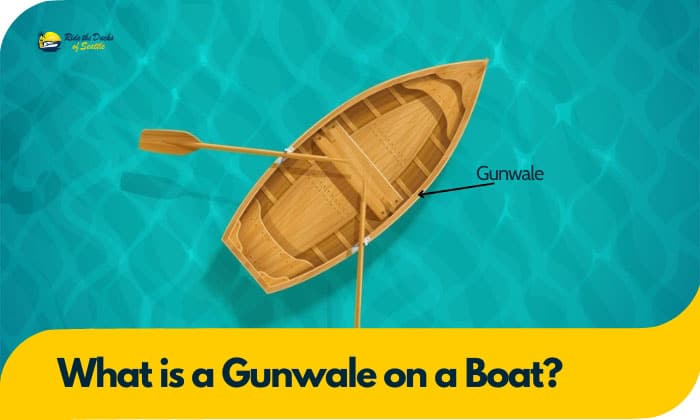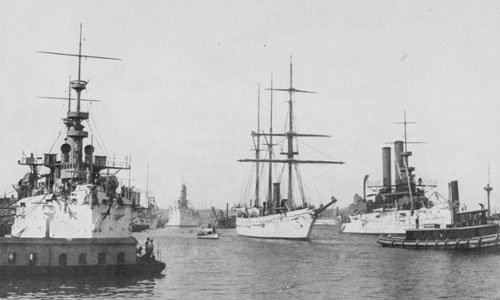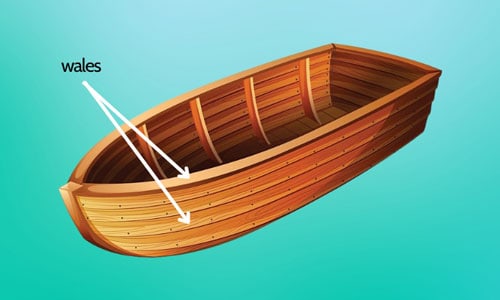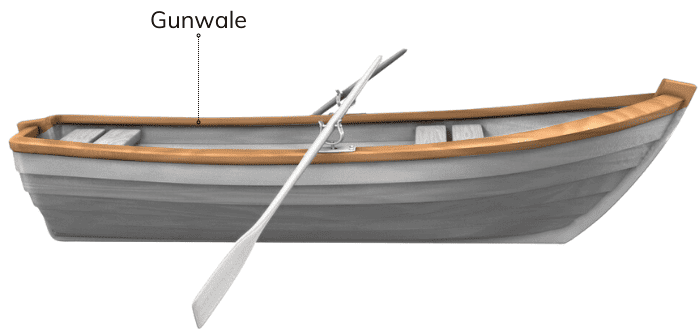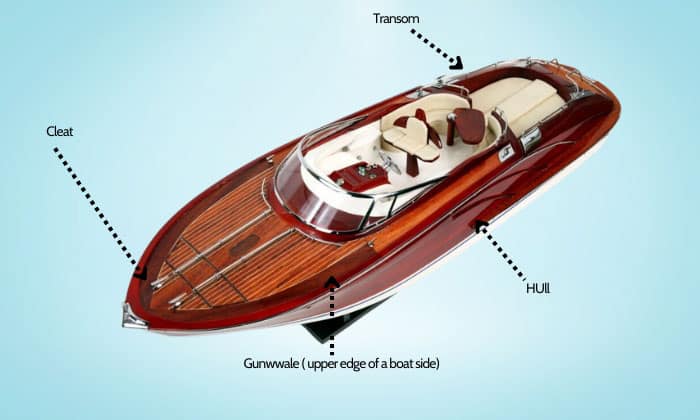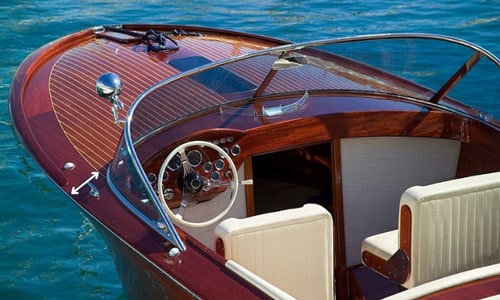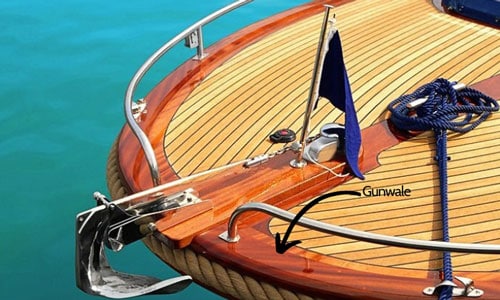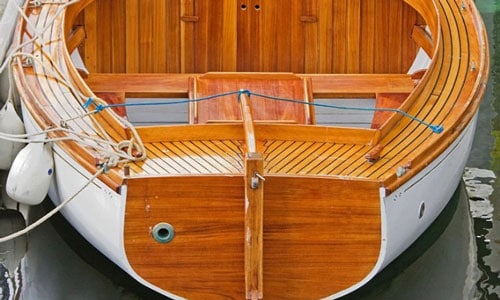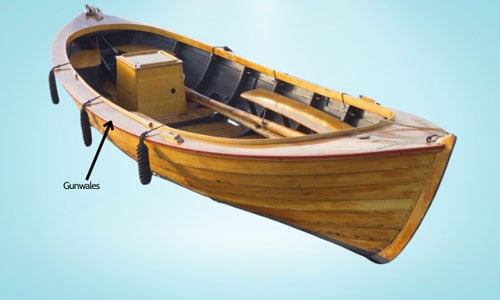For non-veteran boat enthusiasts, you may think “gunwale” has something to do with “whale.” Interestingly, it is not even pronounced similarly to the underwater mammal’s name.
So, what is a gunwale on a boat?
The gunwale or gunnel of a boat refers to the edge where the rubbing strip of the rail is.
But how exactly do you define gunwale? What are its purposes? How do you pronounce it? This guide provides answers to gunwale’s meaning, including boat terminology for dummies.
Gunwale Etymology and History
1. At First, Heavy Artillery Damages the Boat’s Wooden Plank
Around the late 15th century, warships carried heavy artillery that could cause damage to the vessel without proper support. Cannons are pretty massive. So, firing one after another could wear out a simple wooden plank beneath it.
2. The Addition of “wale” on the Ship’s Rim to Secure It
To avoid this, sailors installed a sturdy platform on the rim of ships. At this time, this upper plank was called “wale.”
It comes from the Middle English word that means “welt.” Think about when you get a scratch on the skin–the raised marks are called “welt,” similar to the raised platform.
3. Change of the Phrase
The word “gonne” was later added to it. “Gonne” was the Old English spelling of “guns.”
Over time, like with the rest of the languages, “gonnewhale” has been shortened to “gunwale.” You may ask, is there a difference between “gunwale vs. gunnel?” Essentially, there isn’t, as both are pronounced the same and refer to the same part.
To pronounce it, you only need to say “gun” and “nul.” It may be a strange way to enunciate it as it is different from the spelling. But that is another fun bit about the evolution of languages.
What is a Gunwale?
A gunwale, by definition, is the upper hull of the boat. It is like the reinforcing edge of the water vessel. The boat gunnel rails span the entire length of boats or ships.
Typically, it is thicker than the hull. In the construction, durable materials are used such as aluminum and vinyl. Other boats have maple, oak, and mahogany wood.
What Are Its Purposes?
Here are the functions of the upper edge part:
1. Serves as Support
As it is thicker than the hull, a gunwale of a boat provides structural support. It maintains the ship’s shape and protects it from damage. The latter happens when the boat accidentally bumps into rock formations or encounters harsh waves.
2. Serves as Protection
Essentially, a gunwale is part of the boat’s railing. Railings exist to protect people and objects from going overboard. Given the tough materials, a gunwale can stop huge waves from entering the deck. It simply slaps against the upper ridge.
3. Cancels Noise
When you are paddling or rowing, the paddles can make recurring noises that irritate the surrounding environment. When you are fishing, that’s the last thing you want to happen–alarm the fish enough to escape from your bait.
This is why some canoes are designed to have gunwales that minimize the noise they can make from the impact. White Ash is commonly used to do this.
4. The Importance of Gunwales in Boats
While gunwales are useful for reinforcement, these provide storage. For saltwater boats, the plank’s long and narrow space can be used for fishing rods and rod holders. You can install gunwale clamps to hook them. For leisure boats, the plank can be used for cup holders.
If you need boat gunnel replacement, it is best to consult experts. You may do DIY; however, make sure you do thorough research and have the skills to do it.
Conclusion
Asking, “What is a gunwale?” and researching helps you identify the boat’s parts and how useful it is. Gunwales are located on the upper hull of the boat. From storage to support, you can tailor it to your needs, and enjoy your boating activities.

Ten years of enjoying countless trips on boats never made me love them any less! So I am here to put all those experiences into good use for other boaters who want to have a safe and fun trip with their friends and families.

